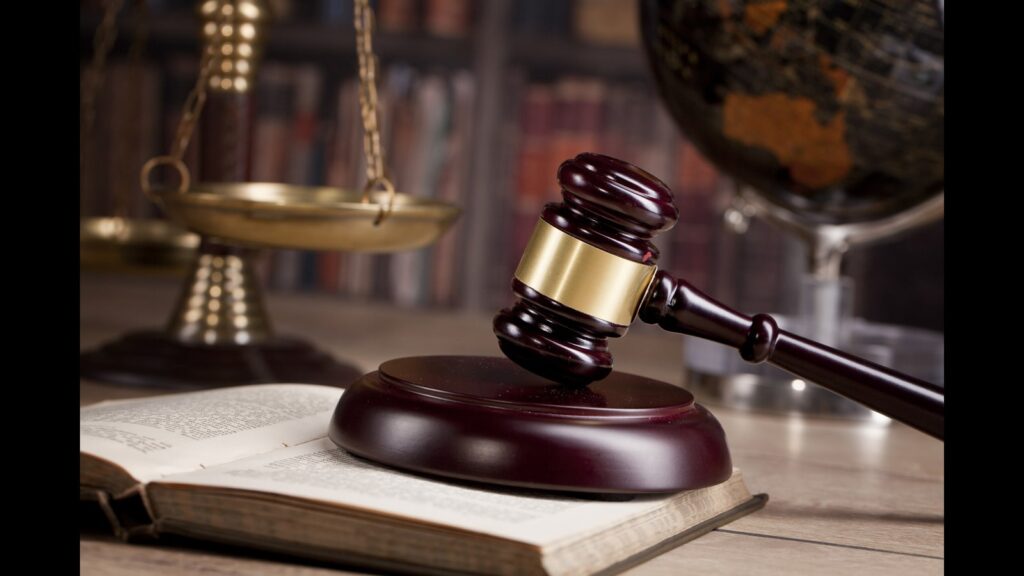A new petition filed by a Hindu body in a local court in Agra — asking for authorities to excavate under a mosque on the premises of the Agra Fort — has, once again, shown why the government needs to make its stance clear on the 1991 Places of Worship Act and the Supreme Court to take a call on the issue. The Agra petition is the latest in a flurry of similar petitions filed by Hindu individuals and groups in Varanasi, Mathura and Agra, all arguing that some prominent Muslim sites of worship were built after demolishing old temples, and, therefore, Hindus must be given the right to worship at these sites. Coincidentally, it comes exactly a year after a controversial survey of the Gyanvapi mosque complex in Varanasi unearthed a structure that the Hindu side claimed as a shivling — Muslim groups say it is part of a ritual ablution fountain — and marked the beginning of what has come to be seen as the new temple movement, where some Hindu groups have turned to the courts to claim worshipping rights at Islamic holy sites.
This is exactly what the Places of Worship Act was designed to forestall. The law locks the religious character of a holy site as it was on August 15, 1947, the day of Independence, with the exception of the disputed site at Ayodhya. In 2019, the top court further endorsed the law when it ruled in favour of the Hindu side in that dispute, and said the law protects and secures the fundamental values of the Constitution. Unfortunately, it appears to have been rendered ineffectual over the past year and is failing to act as a guardrail. Pleas on the law are before the top court. To maintain communal amity and prevent a situation where such religious disputes are perennially on the boil, the government should consider taking a clear stance on the legislation, and the apex court should weigh in at the earliest.

